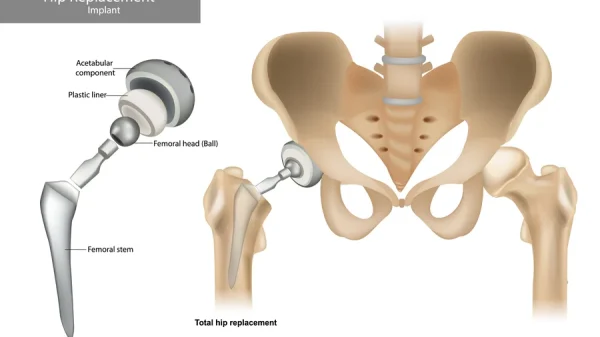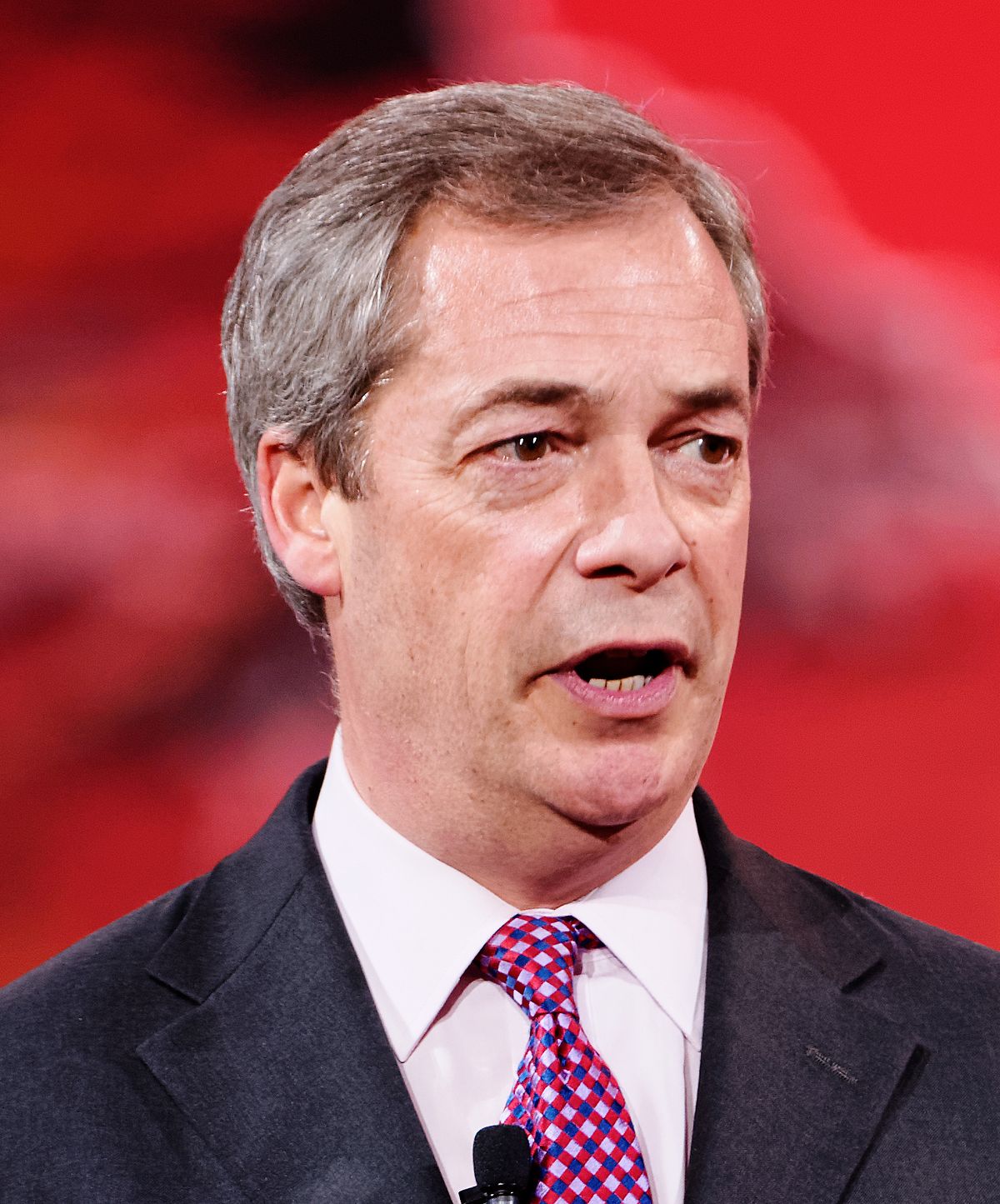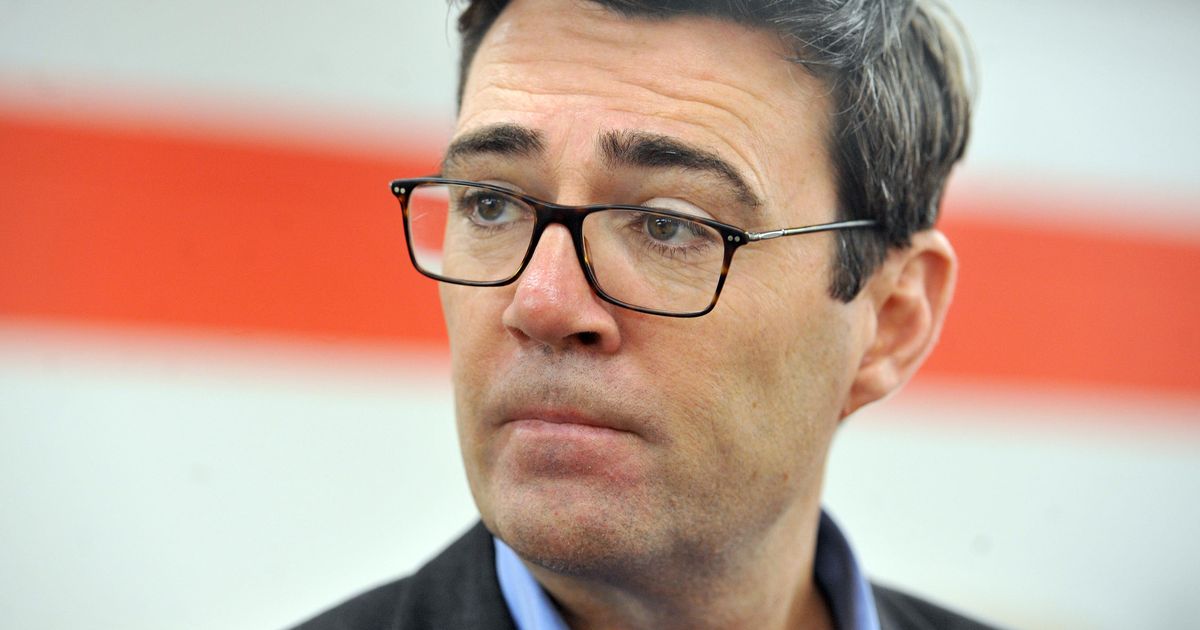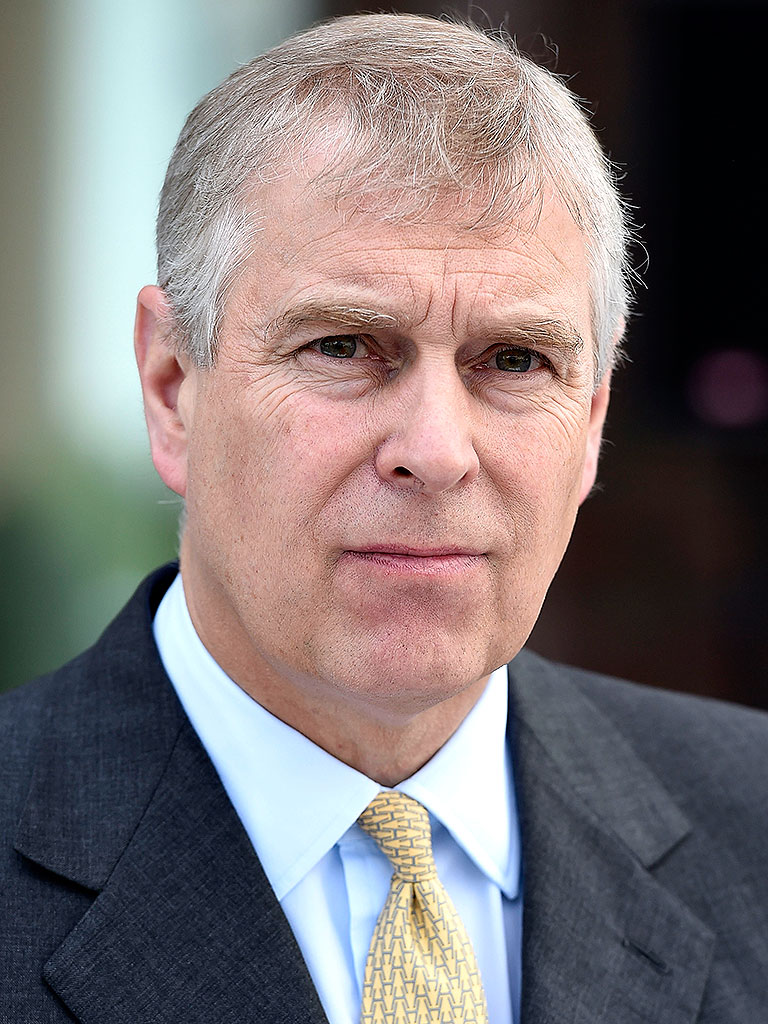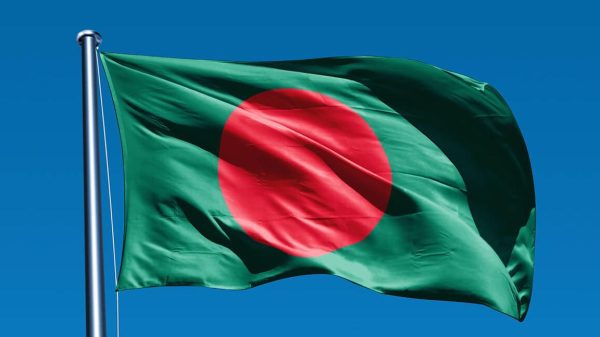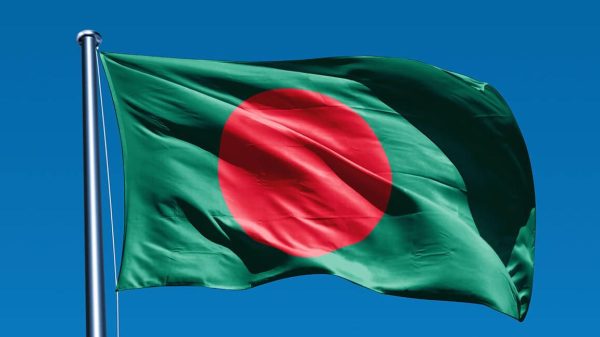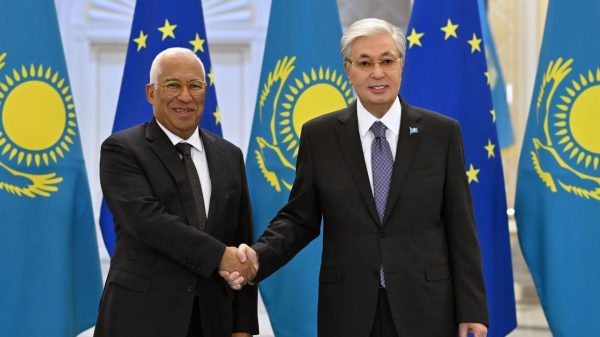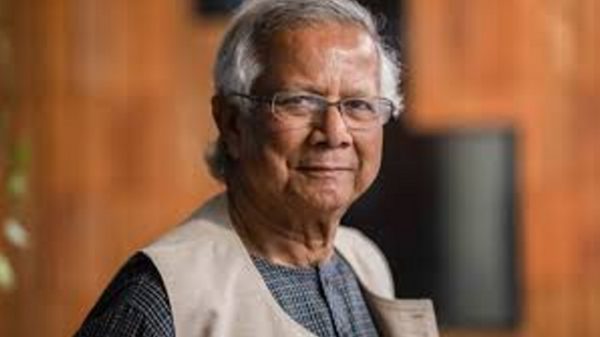Before ascending to the top of Bangladesh’s political pecking order, Muhammad Yunus was viewed as a pioneering economist and microfinance guru. A Nobel Laureate with invitations to Davos, the White House, and even Barcelona’s Camp Nou, Yunus could do no wrong. Under the sparkling lights of international fame and renown, Yunus was widely viewed as Bangladesh’s best shot at implementing the aspirational reforms that buoyed the country’s July Revolution.
Now, one year since that revolution upended everyday life in Bangladesh, has a new regime taken hold under the firm, unmoveable, and unlikely grip of a secret strongman?
Muhammad Yunus made a name for himself providing financing opportunities to Bangladesh’s rural poor. As he entered his twilight years, his public-facing persona became that of a sagacious, grandfatherly figure who espoused advice about listening to yourself, utilising creative power, and making people happy. Here was his legacy cementing; a widely recognised social entrepreneur whose work – much of it focused on supporting women too often overlooked by the traditional banking system – had garnered international renown and who was using his position to advocate for social change.
Then, just three days after the ouster of former Prime Minister Sheikh Hasina, Muhammad Yunus became Chief Adviser for the Interim Government. Suddenly tasked with guiding the country through one of its most volatile periods of unrest, out came the same talk of inspirational social reforms, improved livelihoods, and inclusivity for women, now bundled under the banner of “Bangladesh 2.0”.
But, one year on, it turns out talk is cheap, maybe even cheaper than a microcredit loan.
Yunus and the administrators appointed to his Interim Government have failed to deliver on the core promise of the revolution, implementing inclusive democratic reforms. We are 365 days on from the revolution’s end and no detailed timeline for elections has been set.
Instead of regaining the electorate’s trust and ceeding power to a democratically elected party, Yunus has abused his position as the head of a caretaker administration. Under his guidance, the Interim Government has ruled by decree.
This sort of strong-fisted rule is nothing new by Yunus’ standards. He’s long held the Prime Minister’s position in his sights. Back in 2007, the then caretaker administration allegedly tapped Yunus for the role. Deciding it wasn’t quite his time, he deferred but threw his weight into forming a new political party. Yunus miscalculated, over-estimating the breadth and depth of his support. Within a few months his party was in shambles and he had put a target on his back.
Following this, while the attacks on Yunus were undoubtedly politically motivated, they opened legitimate questions into the sources of this ‘banker to the poor’ and his seemingly bottomless wealth. Throughout his career, Yunus has been plagued by allegations of tax evasion, often allegedly shuttled to his trusts. Just how, commentators ask, has a man who makes loans in $27 increments donated as much as $300,000 to Hillary Clinton during her ill-fated 2016 presidential campaign?
It’s no matter to Yunus, at least not today given that under the banner of “reform”, Yunus has passed ordinance after ordinance in accordance with his own desires. These have stripped private companies of their rights, forcefully subdued free speech – including the wholesale ban of an opposition political party and the jailing of outspoken journalists – and reinstituted the country’s largest Islamist political power, opening the gates to more hardline factions.
So much for a legacy of creativity and inclusiveness.
Perhaps most damaging to his image has been his failure to truly support women in Bangladesh. Young women were at the forefront of the revolution, arm in arm demanding change. But of the six headline reform commissions that were set up by the Interim Government, women made up just 9% of the total membership. It’s an odd position to take given that Yunus maintains close ties with and was a major supporter of Hilary Clinton’s presidential campaign – perhaps he does support women in power, just not in Bangladesh.
All this points to the fact that Yunus may be a wolf in sheep’s clothing.
With an election timeline still unclear, the most crucial concern bubbling to the surface in Bangladesh is whether Yunus will sink his gleaming teeth into the tender and defenseless flesh of the country.
Today, following the release of the July Declaration, that seems to be the most likely outcome.
Sharing his thoughts on Yunus’ role, investigative journalist and noted Bangladesh commentator David Bergman observed that it was “remarkable” Yunus “who came to lead the Interim government from a vantage point of not having been involved in partisan party politics, actually agreed to put his name to this Declaration.” Adding, “Who knows what the future lies for Yunus after the elections, but for many his involvement in this Declaration will be the nail in the coffin of his once stellar reputation”
If this pattern remains, gone will be the image of Yunus as a gentle elder. In its place will stand a man who chose not to shepherd in change but to claw apart the aspirations of his country with a raw, predatory power.

